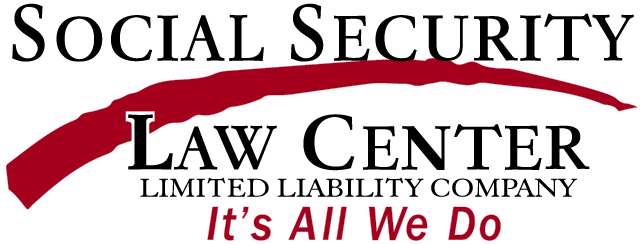Supplemental Security Income (SSI) is a program designed to provide financial assistance to elderly, blind, and disabled individuals with limited income and resources. This program is administered by the Social Security Administration (SSA). It is one of the most important federal safety net programs in the United States.
Eligibility Requirements:
To be eligible for SSI, an individual must have limited income and resources and must meet one of the following criteria:
- Be age 65 or older
- Be blind
- Have a disability that meets the SSA’s definition of disability
- In addition, the individual must be a U.S. citizen or a noncitizen who meets specific requirements. The SSA considers an individual’s income and resources when determining eligibility for SSI.
Monthly Cash Payments:
If an individual is approved for SSI, they will receive monthly cash payments. The payment amount varies depending on the individual’s income, living situation, and other factors. In 2023, the maximum federal SSI payment is $914 per month for an eligible individual and $1,371 per month for an eligible couple.
Medicaid:
SSI recipients are automatically eligible for Medicaid, which can help cover medical expenses. Medicaid is a joint federal and state program that provides healthcare coverage to individuals who have limited income and resources.
Supplemental Nutrition Assistance Program (SNAP):
SSI recipients are also eligible for the Supplemental Nutrition Assistance Program (SNAP), formerly known as food stamps. SNAP is a federal program that provides assistance to low-income individuals and families to help them purchase food.
Housing Assistance:
SSI recipients may be eligible for housing assistance through the Department of Housing and Urban Development (HUD). This can include rental assistance, subsidies, and other programs that can help individuals with limited income afford housing.
Applying for SSI:
To apply for SSI, an individual can apply online, call the SSA, or visit a local SSA office. When applying for SSI, the individual must provide information about their income, resources, and medical condition. The SSA may also request additional information or documentation during the application process.
Common Mistakes to Avoid:
Some common mistakes to avoid when applying for SSI include failing to provide complete and accurate information about income and resources, not disclosing all medical conditions, and failing to follow up with the SSA if additional information or documentation is requested.
In conclusion, Supplemental Security Income (SSI) is a program that provides financial assistance to individuals who have limited income and resources due to age, blindness, or disability. SSI recipients receive monthly cash payments, Medicaid and may be eligible for other benefits such as SNAP and housing assistance. If you think you may qualify for SSI, it is important to apply and provide complete and accurate information during the application process.
Contact us online or reach out to us by phone to schedule your free, one-on-one consultation today. You deserve experienced and compassionate legal support during this time. The Social Security Law Center team is ready to help you get the benefits you deserve.

Recent Comments